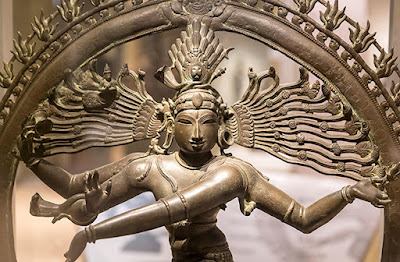In case you lose it, here's the final assignment for class! Thanks for all your hard work and dedication this semester; it was a true privilege to teach this class and it was easily my favorite EQ2 class of the 4 times I've taught it over the years. Thanks for a wonderful experience, and I wish you luck on your finals! I'll let you know your final grade on the assignment and in the class as soon as I have all the grades together (and I'm still waiting on Dr. Benton to let me know about your Engagement grade). Let me know if you have any questions, and enjoy the break which is only a few weeks away!
Honors EQ2
Final Exam Assignment: The Global Curriculum
Knowing what cannot be known—
what a lofty aim!
Not knowing what needs to be known—
what a terrible result! (Tao te
Ching, Verse 71)
For your final exam assignment, I want you to reflect on the
nature of the books and ideas in this course, which is supposed to reflect some
of the “Enduring Questions” of our society. However, as compared to 1923, we
live in a much more ‘global’ world, where the relationships between the
With that in mind, I want you to write a short response to
the following question: what is one of the most important ideas which you
discovered in 2 or more books from class that might be extremely relevant to
the 21st century? In other words, since these books all take a
perspective outside the
Be sure to QUOTE from at least TWO books in the class so we can see what you mean and why it’s significant. This doesn’t need to be a formal response, but it should be honest, and should be specific. Try to write to someone who is NOT in this class, so you can explain and introduce a little more than you would to me or a classmate.
This is due NO LATER THAN FRIDAY, MAY 5th BY




















